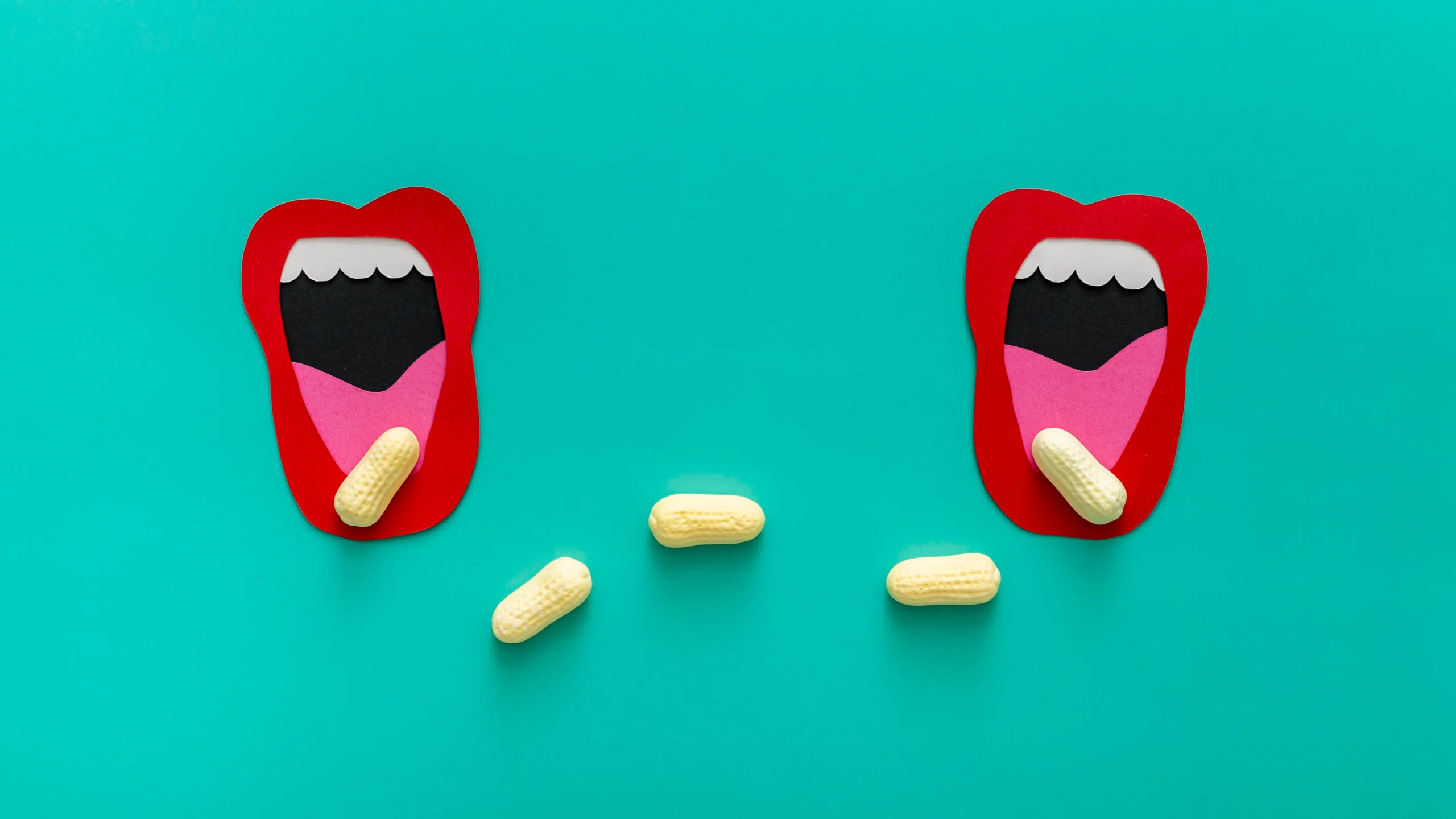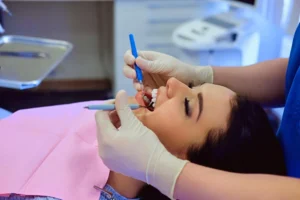5 Surprising Ways Nutrition Affects Your Oral Microbiome
Your mouth is a bustling community of tiny organisms. These organisms, known as your oral microbiome, play a crucial part in your overall health. Often overlooked, nutrition directly influences this community. Eating habits can change the balance of good and bad bacteria. This balance affects not just your mouth, but your entire well-being. Knowing this link could help prevent painful and costly dental issues. An emergency dentist Schaumburg can attest to how diet impacts dental health. In this blog, we’ll explore five surprising ways your nutrition choices impact your oral microbiome. These insights could guide you to make smarter food choices. Simple changes might improve your oral health and lessen visits to the dentist. Understanding this connection might even enhance your life. Let’s discover how what you eat can shape your mouth’s ecosystem and what that means for you.
1. Sugar Feeds Bad Bacteria
Eating sugar fuels harmful bacteria in your mouth. These bacteria create acids that damage your teeth and gums. According to the Centers for Disease Control and Prevention, reducing sugar intake can lower the risk of cavities. Choose snacks wisely. Opt for fruits instead of candy to keep these harmful bacteria in check.
2. Fiber Boosts Good Bacteria
Fiber-rich foods stimulate saliva production. Saliva helps wash away food particles and neutralize acids. Good bacteria thrive in this environment. The U.S. Department of Agriculture suggests incorporating whole grains, fruits, and vegetables into your diet. Eating more fiber not only aids digestion but also promotes oral health.
3. Dairy Strengthens Teeth
Dairy products like milk, cheese, and yogurt contain calcium and phosphates. These minerals help rebuild tooth enamel. Strong enamel resists decay. Including dairy in your meals can improve your dental health. This aligns with findings by the National Institute of Dental and Craniofacial Research.
4. Vitamin C Supports Gum Health
Vitamin C is essential for healthy gums. It promotes collagen production, which keeps gums firm. A diet lacking in Vitamin C can lead to gum disease. Foods like oranges, strawberries, and broccoli are good sources. Ensuring enough Vitamin C can support a healthy oral microbiome.
5. Probiotics Aid in Balancing Bacteria
Probiotics introduce beneficial bacteria to your mouth. These bacteria help control harmful varieties. Yogurt, kefir, and fermented foods are rich in probiotics. Including them in your diet can maintain a healthy balance, reducing the risk of oral diseases.
| Food Type | Benefit |
|---|---|
| Sugar | Feeds harmful bacteria |
| Fiber | Boosts good bacteria |
| Dairy | Strengthens teeth |
| Vitamin C | Supports gum health |
| Probiotics | Aids in balancing bacteria |
Understanding these connections can empower you to make better dietary choices. A balanced diet not only supports your overall health but also keeps your oral microbiome thriving. This awareness can reduce the need for emergency dental visits. Knowledge is your best tool in maintaining a healthy mouth. Start today with small changes for a big impact. Your mouth, and your body, will thank you.

Deepak Sharma
Namaste! I’m Deepak Sharma, the creative mind behind SocialFunda, your go-to hub for Facebook bios, captivating captions, Instagram bios, and a treasure trove of Hindi Shayari. As a digital enthusiast, I am passionate about curating content that adds a touch of flair to your online presence.







